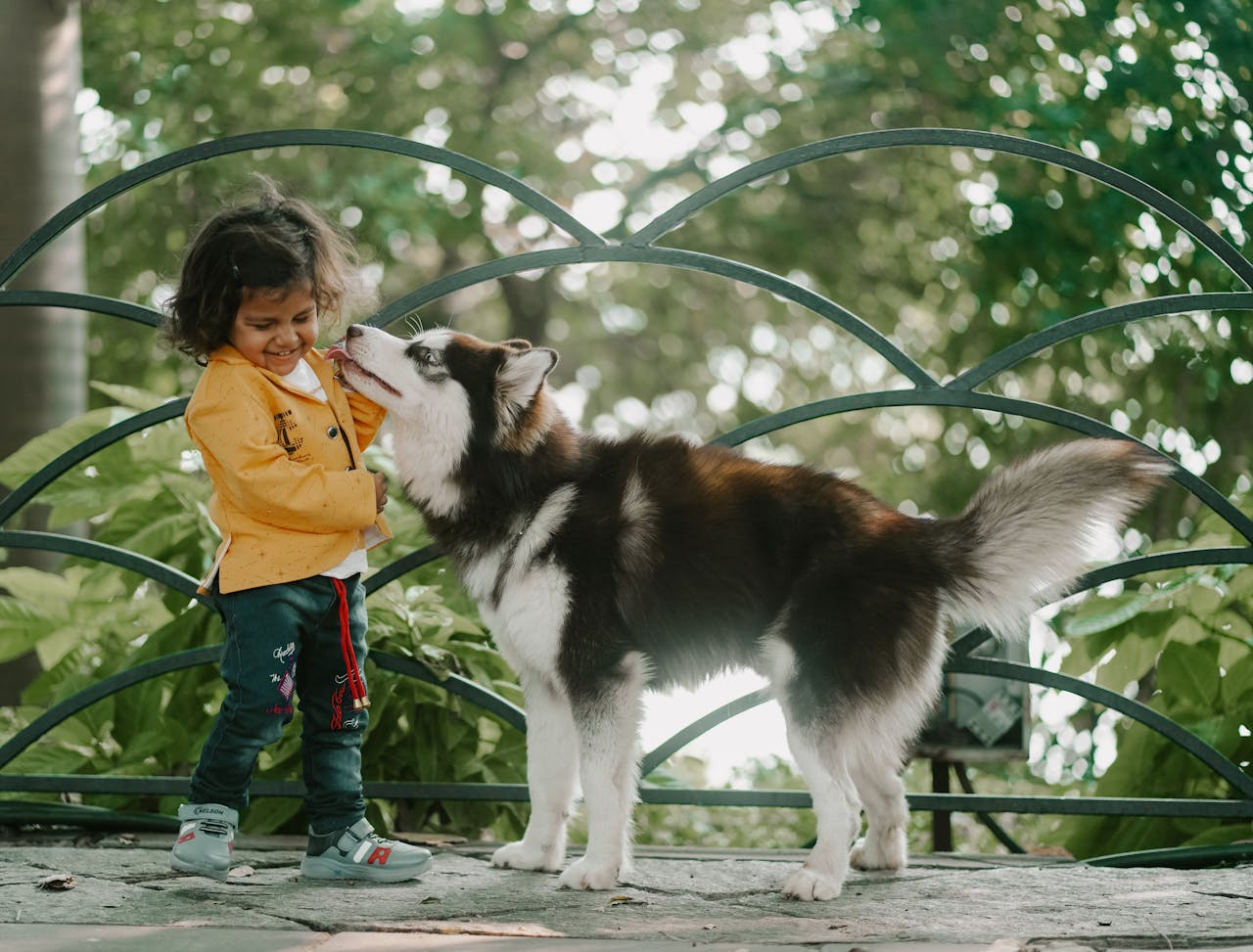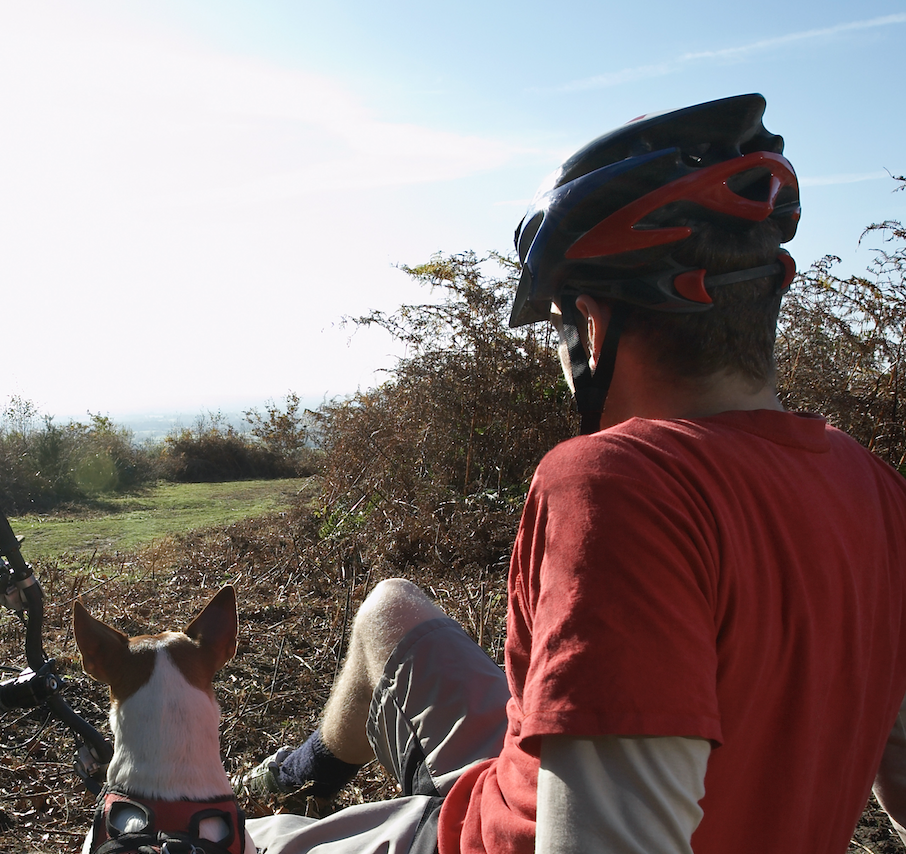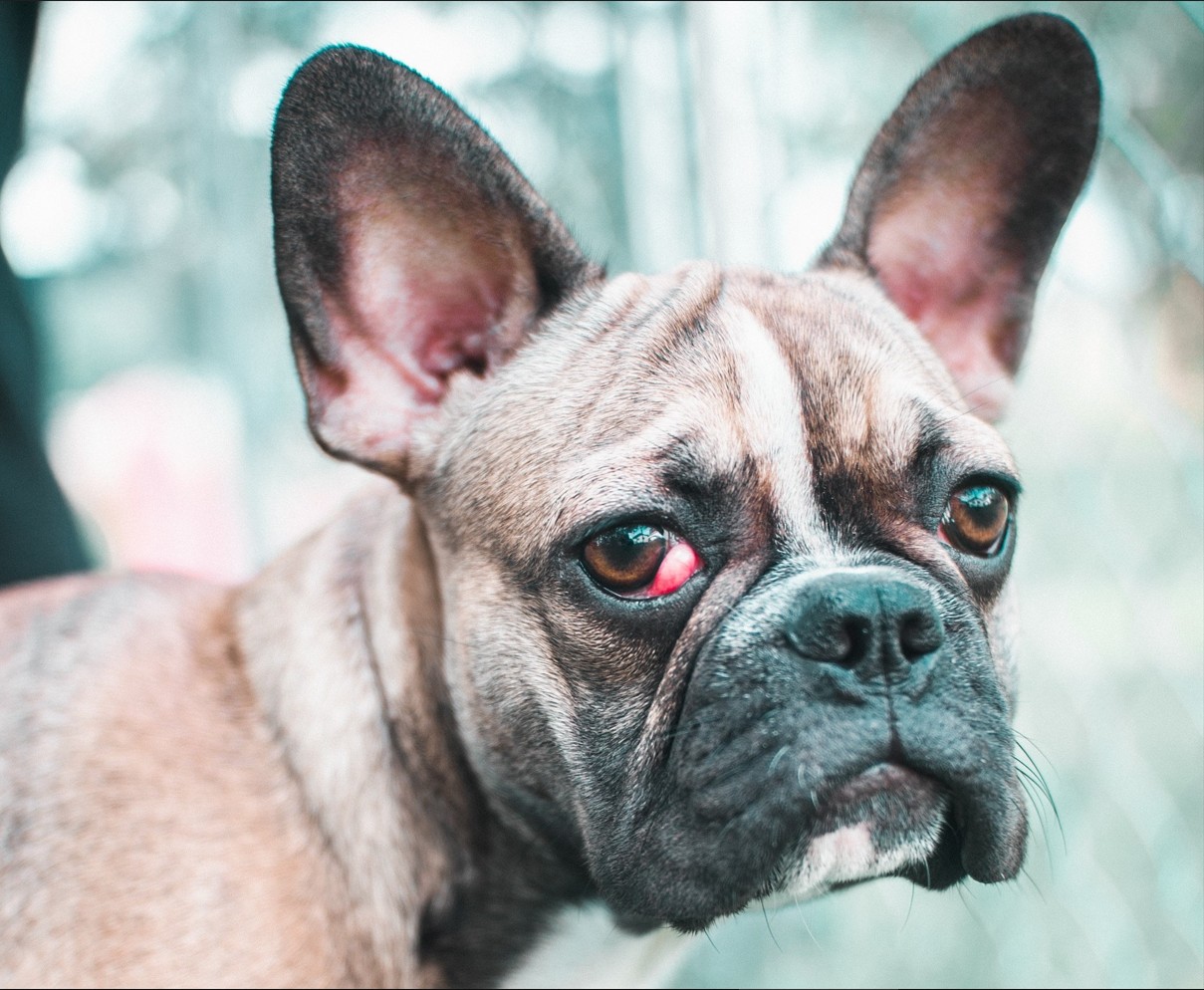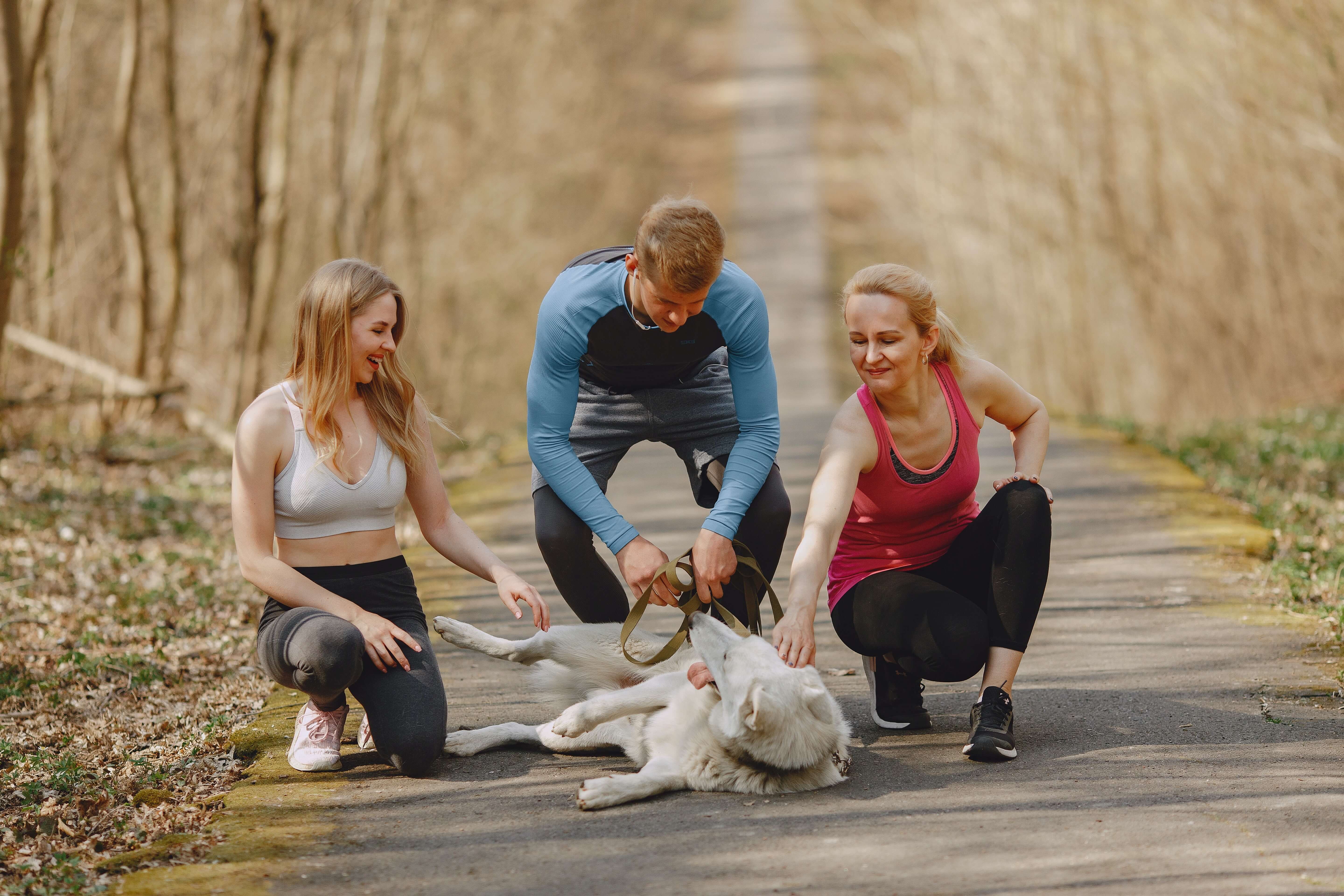
When it comes to choosing a family dog, it’s essential to find a breed that’s not only lovable but also a great match for a home with children. Enter the Siberian Husky—a breed known for its stunning appearance, energetic personality, and undeniable charm. But are Huskies the right fit for families with kids?
In this article, we’ll explore the traits that make Huskies stand out as companions, examine how they interact with children, and provide practical insights to help you decide if this iconic breed is the perfect addition to your family.
The Siberian Husky and The Public’s Perception
Wikipedia says: “Husky” is a general term for a dog used in the polar regions, primarily and specifically for work as sled dogs. It refers to a traditional northern type, notable for its cold-weather tolerance and overall hardiness.
We should start by clarifying that this article will be talking specifically about the Siberian Husky, which Encyclopedia Britannica describes as:
“Siberian Husky, a breed of working dog raised in Siberia by the Chukchi people, who valued it as a sled dog and companion. It was brought to Alaska in 1909 for sled dog races and soon became established as a consistent winner.“
The description of a Siberian Husky adopted by the FCI (Federation Cynologique Internationale / International Canine Federation) is slightly different.
Please, do not mistake the Siberian Husky with other breeds like the Alaskan Malamute or the Alaskan Klee Kai. The Alaskan Klee Kai is a small-sized companion dog that is alert, energetic, and curious, yet reserved with unfamiliar people and situations. The Alaskan Malamute is an affectionate, loyal, and playful but dignified dog recognizable by its well-furred, plumed tail carried over the back, erect ears, and substantial bone. It is known as an immensely strong, heavy-duty worker of spitz type.
Understanding the Siberian Husky
The Siberian Husky is known to be loyal, outgoing, and playful. They are leaner and smaller compared to their hardier cousins, the Alaskan Malamute. They have been used primarily as sled dogs to pull light loads at moderate speed. They have also been used as companion dogs by their human companions. The breed was created by the Chukcha people who inhabit the Northeast Asia region. They generally go well with other dogs, but you should not overlook their socialization from an early age, as they can become territorial.
The Siberian Husky is very energetic and can have difficulty resisting their inborn urge to chase small animals. Living with a cat and a Husky at home could be problematic if the dog is not properly accustomed to their animal partner. This breed needs plenty of time to run, and a securely fenced yard is a must for homeowners. Dog trainers point out that most Huskies will love to dig and may make a mess of your otherwise pristine yard.
The breed is definitely not for everyone. These dogs love to be part of a team, and you will need to dedicate a minimum of two hours per day to actively play, run, and interact with your dog. Otherwise, they can become destructive, depressed, and exhibit various behavioral issues. It is important to note that the Husky has a thick double coat and tail that requires brushing at least two times a week, and must be done daily during their shedding season (typically Spring and Autumn). BanditTheHusky has a short video that can inform your expectations.
Are Huskies Good with Little Kids?
There is plenty of feedback on the topic on Reddit, and is it is mostly positive. However, you should carefully monitor the interactions of your kids and the dogs (as with any animal). Children should be taught how to interact with animals from an early age, as rough play can lead to unwanted responses by their dogs and other pets. It is a good idea to educate your children on how to play with dogs and read their body language. Huskies have been described to be affectionate, protective, and playful. If your kids love to play outside, run around, and play with toys, then a Siberian Husky may be a good fit for your family.
It is strongly recommended that you allow your Husky time to accustom to a newborn baby for about a week and keep the dog in a separate room. Do not leave your Husky alone with a newborn, and make sure all of their interactions are under supervision. Some representatives of the breed are known to play rough and not be a good fit for kids. What you need to be mindful of is the temperament of your Husky and the experience your kids may have with dogs.
If you are looking to adopt a Husky from a shelter and you have little kids at home, it is strongly advised that you talk to the shelter staff to learn more about the dog you want to adopt. Ask if the dog has been tested around children, do they have a history of trauma (which can suggest an aversive reaction to rough play), and how well they pair with other pets.
Are Huskies Good with Kids with Autism?
The Siberian Husky is a highly trainable canine that is often recognized for its independent nature, ability to make quick decisions, protective nature, and inborn ability to work well in teams (packs if you will). They can build strong bonds with their family and when properly trained, could be reliable guardians to children on the Autism spectrum. The non-verbal connection that canines can establish with children can help them socialize and develop a sense of responsibility. Teaching an Autistic child routine can be easier by involving them in caring for a canine, too.
You may be interested in the Companion Dog Training Course for Children with Autism that we offer on our site. There is a lot of research that shows canines are very helpful in therapy and teaching involving special needs children. Dog-assisted therapy (DAT) can improve communication, reduce stereotyped behaviors, and enhance emotional states in children and adolescents with Autism Spectrum Disorder (ASD). Dogs often act as facilitators, capturing attention and encouraging interaction.
Are Huskies Good with Other Dogs?
Huskies are good with other dogs and like to play a lot. Pairing a Husky with another high-energy dog can help you make sure they are sufficiently mentally stimulated and spend their energy with good company. Breeds like Border Collie, Jack Russell Terrier, Vizsla, Whippet, and Dalmatian could be amazing companions to the Siberian Husky.
Jack Russell Terriers love to dig just like Huskies. Dalmatians and Vizslas love to run for long distances. Border Collies love playtime and working in a team, similarly to Huskies. If you are looking to adopt a friend for your Husky, then you could start your search at the American Kennel Club Marketplace. Of course, you could visit your local rescue shelters and see if they have a soulmate for you. Perhaps, the easiest way to locate a shelter near you is the interactive map of the Best Friends Animal Society.
Conclusion
Many Siberian Husky owners emphasize that Huskies have a strong prey drive, which can make them unpredictable around small animals or children. Supervision is always recommended. Some owners share heartwarming stories of their Huskies bonding with children, describing them as gentle and protective. However, they stress the importance of caution and proper introductions. Some owners recount unfortunate events where Huskies acted on their prey drive, leading to harm. These stories underline the importance of vigilance.
We can agree that while Huskies can be loving companions, their behavior around children requires careful management, socialization, and supervision to make it work.












